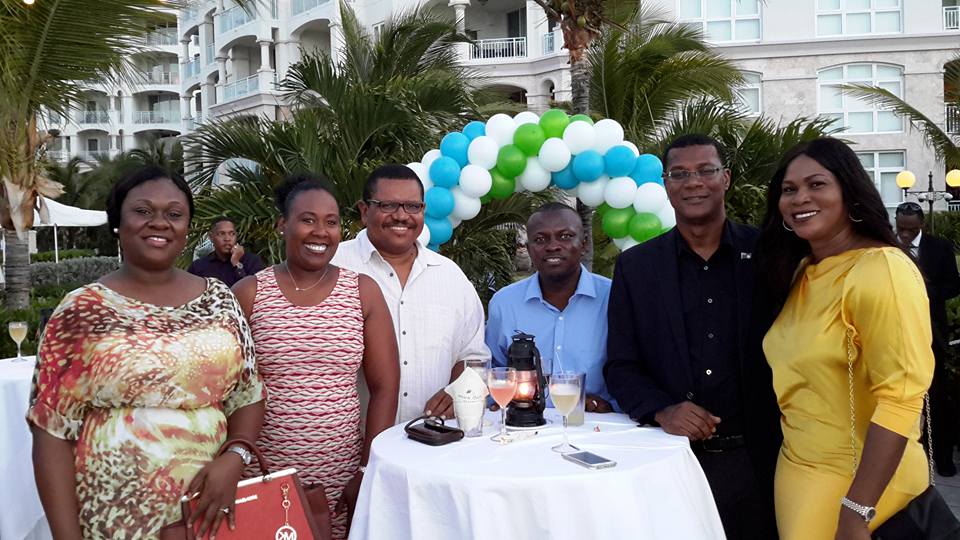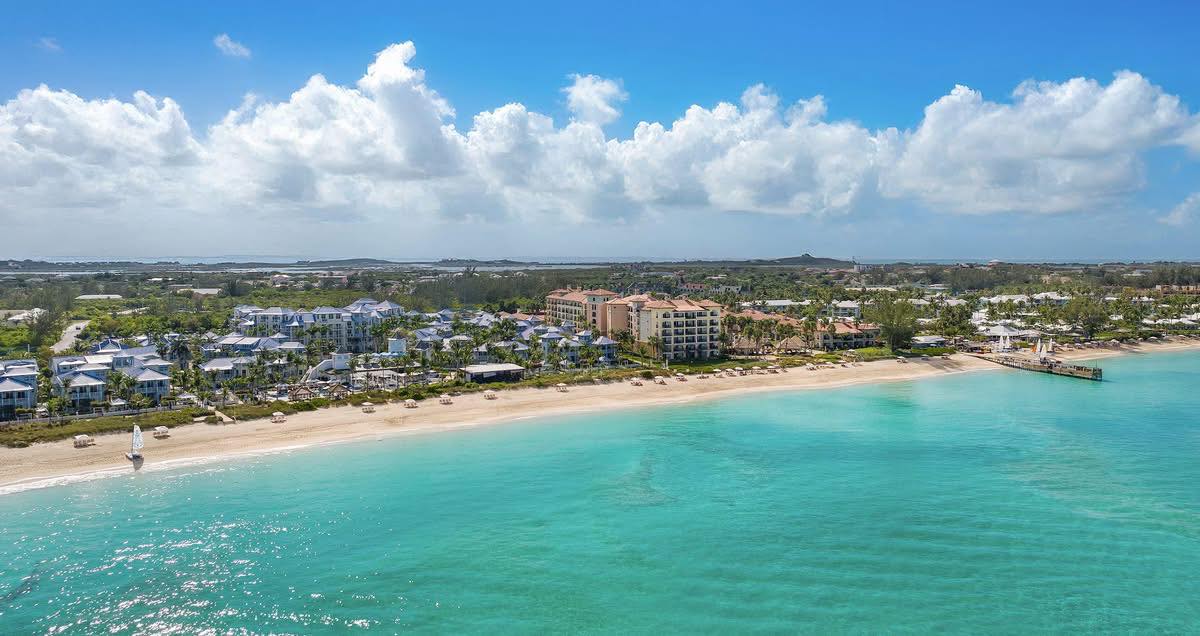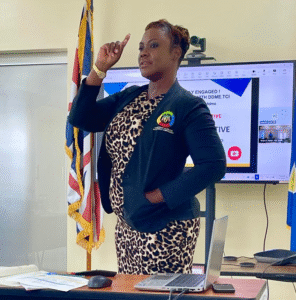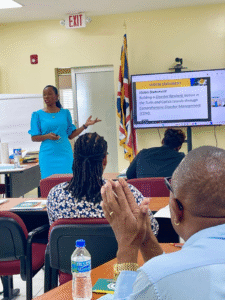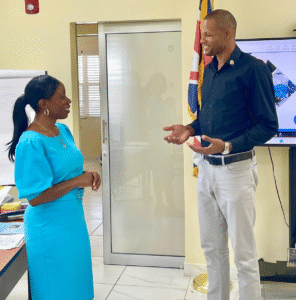PROVIDENCIALES, TURKS AND CAICOS ISLANDS – (February 25th, 2026) – The Turks and Caicos Islands began 2026 on a positive note, with stayover arrivals in January surpassing the same period in 2025.
Preliminary figures indicate that 56,830 stayover visitors arrived in January 2026, representing a two percent increase year-on-year. The steady growth continues the positive momentum experienced at the close of 2025.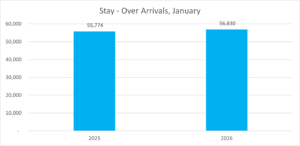
Mr. Paul Pennicook, Interim CEO Consultant, attributed the encouraging performance to new collaboration with tour operator partners as well as increased airlift from key source markets.
“We anticipated a strong January performance following the growth recorded in November and December. The winter season has traditionally been a robust period for the Turks and Caicos Islands, and this year that strength has been further supported by enhanced collaboration with partners and expanded airlift from Canada and the United States We are cautiously optimistic about maintaining this upward trajectory in the weeks and months ahead.
Cruise Sector
In cruise, preliminary figures show 122,935 cruise passenger arrivals in January, reflecting a 15 percent decrease compared to January 2025.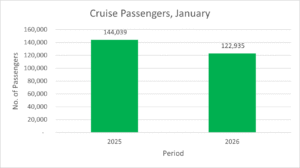 The decline is attributed to a reduction in cruise calls during the month. A total of 33 vessels called on Grand Turk in January, seven fewer than during the corresponding period last year.
The decline is attributed to a reduction in cruise calls during the month. A total of 33 vessels called on Grand Turk in January, seven fewer than during the corresponding period last year.
Marketing Shows
As part of its ongoing efforts to position the Turks and Caicos Islands as a premier luxury destination, Experience Turks and Caicos has been actively participating in the Travel & Adventure Shows across several major cities in the United States.
The destination has already been showcased in Washington, D.C., New York, and Chicago, with Fort Lauderdale and Denver scheduled in the coming weeks.
Public Relations Manager Laura Dowrich represented the Turks and Caicos Islands alongside the destination’s U.S. marketing agency, ABA Global.

Beaches Turks & Caicos – Stone Creek Travels
“One of the most encouraging takeaways from these shows is that the Turks and Caicos Islands is indeed on travellers’ radar. We met many visitors who shared fond memories of their time here, others who already have trips booked and were seeking recommendations on activities and dining, and many more who aspire to visit. It was a pleasure highlighting our multi-island destination and sharing the many experiences that make the Turks and Caicos Islands truly special,” said Ms. Dowrich.
Awards & Recognition
Building on a stellar year of accolades in 2025, the Turks and Caicos Islands has begun 2026 with additional international recognition.
The destination earned a Gold Badge in the U.S. News & World Report rankings, placing #5 in Best Family Vacations in the Caribbean and #5 in Best Beaches in the World. In the USA Today 10Best Readers’ Choice Awards, Grand Turk was ranked #10 among the Best Caribbean Islands to Visit.
About Experience Turks and Caicos

Middle Caicos Dragon Cay Resort
Experience Turks and Caicos is the official destination marketing and management organisation (DMMO) for the Turks and Caicos Islands. The organisation is committed to positioning the destination as a premier, sustainable luxury tourism hub. By leveraging smart tools, data-driven strategies, and stakeholder collaboration, Experience Turks and Caicos focuses on enhancing the visitor experience and fostering long-term industry success.
About the Turks and Caicos Islands
The Turks and Caicos Islands consist of two island groups in the Lucayan Archipelago—the larger Caicos Islands and the smaller Turks Islands. Home to some of the world’s most pristine beaches, including the award-winning Grace Bay Beach, the destination is renowned for its crystal-clear turquoise waters, luxury accommodations, and rich cultural heritage. Each island and cay offer a unique experience:
- Providenciales boasts world-class resorts, fine dining, and high-end tourism offerings.
- Grand Turk serves as the vibrant hub for cruise tourism and historical exploration.
- The sister islands provide a gateway to nature, adventure, and authentic local culture.
Recognised as the world’s best-kept secret, the Turks and Caicos Islands offer effortless luxury, with seamless connectivity via direct flights from major cities in the United States, Canada, and the United Kingdom.
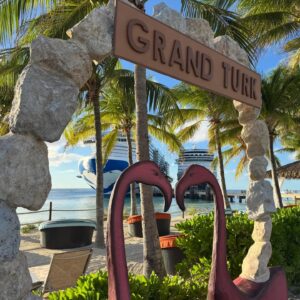
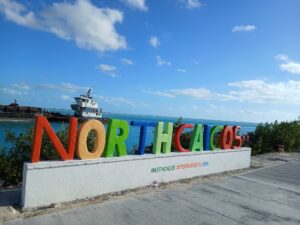

Photo Captions:
Grand Turk – slow travel with us
North Caicos – Correy Forbes
South Caicos Sail Rock



 News6 days ago
News6 days ago
 Caribbean News1 week ago
Caribbean News1 week ago
 News6 days ago
News6 days ago
